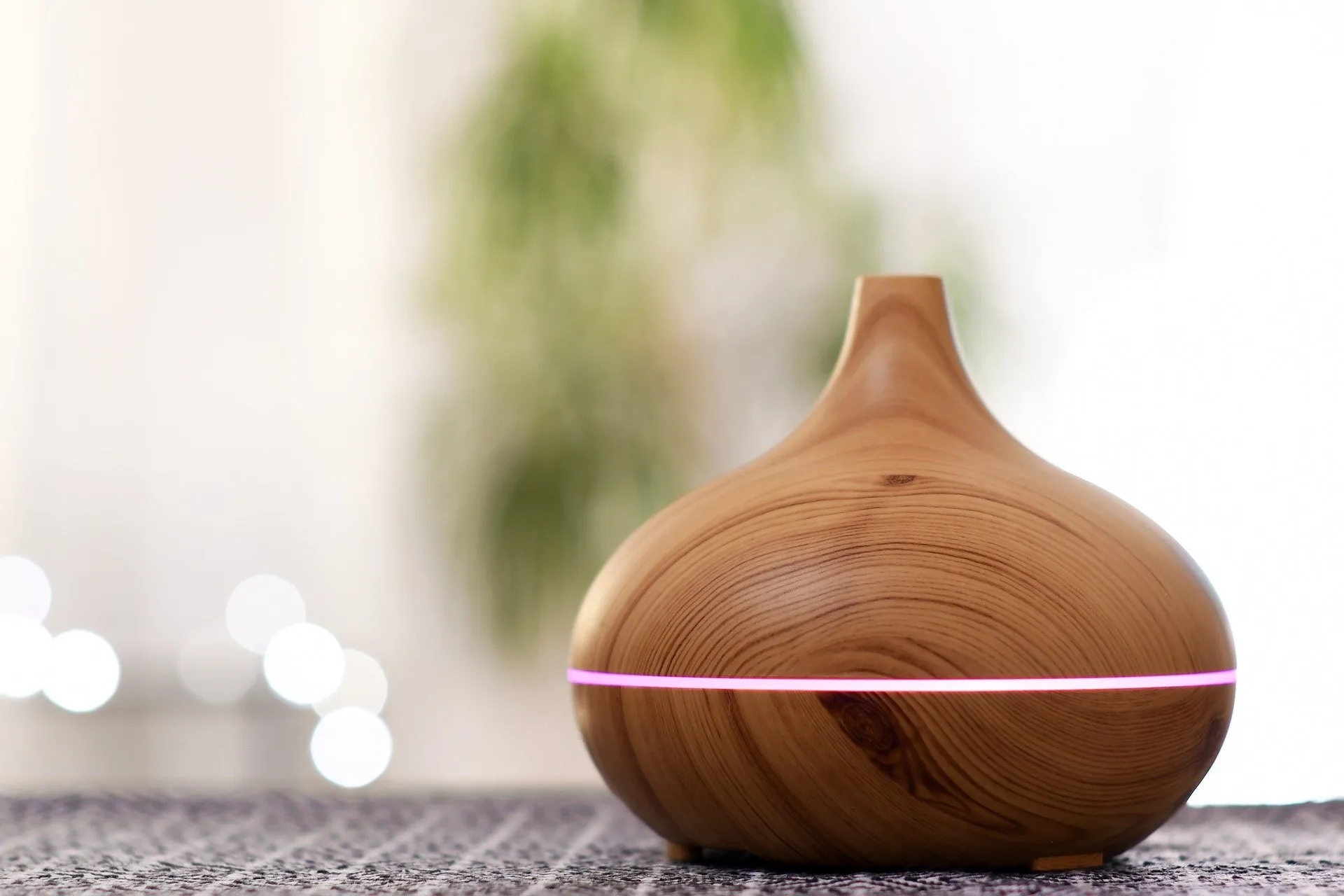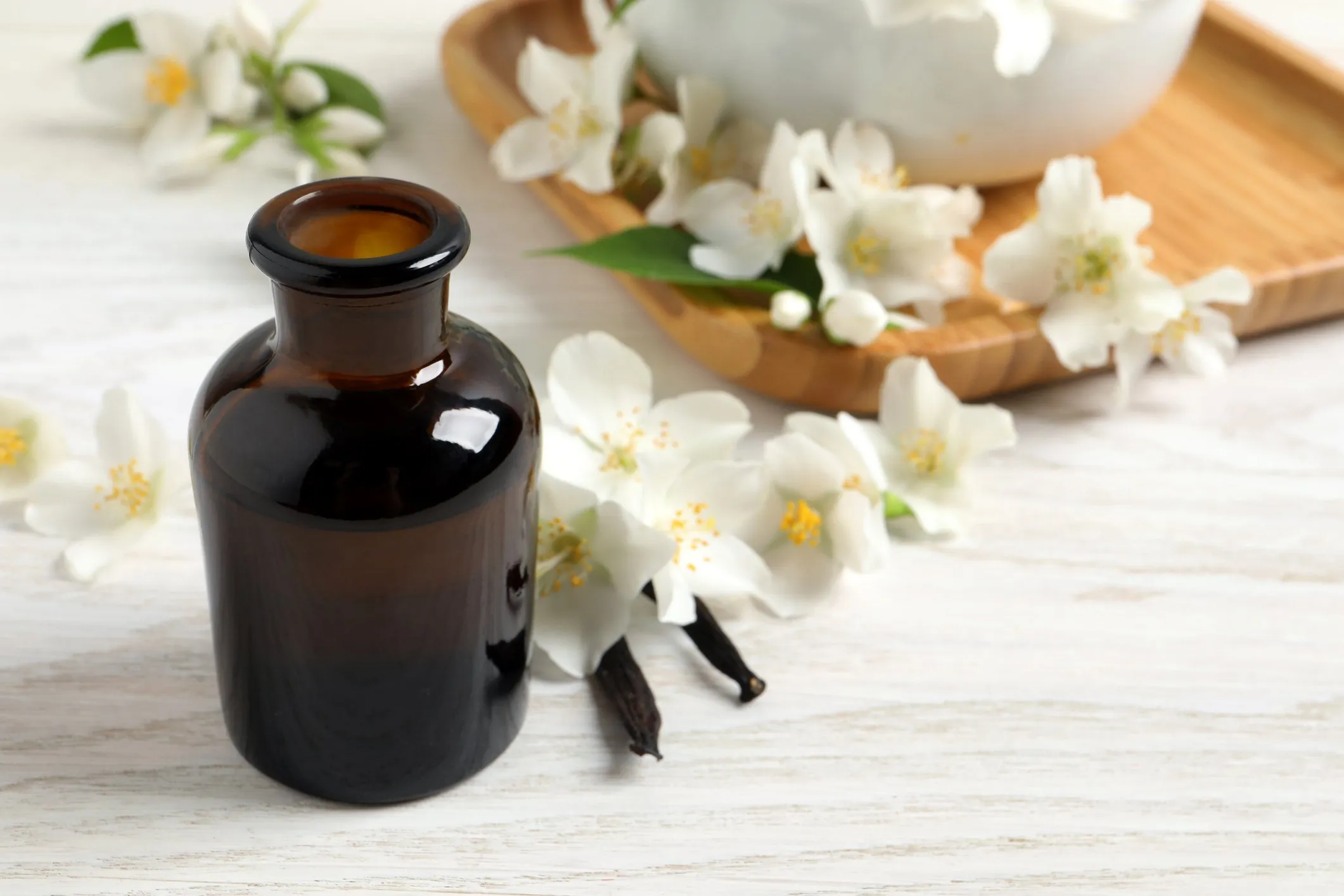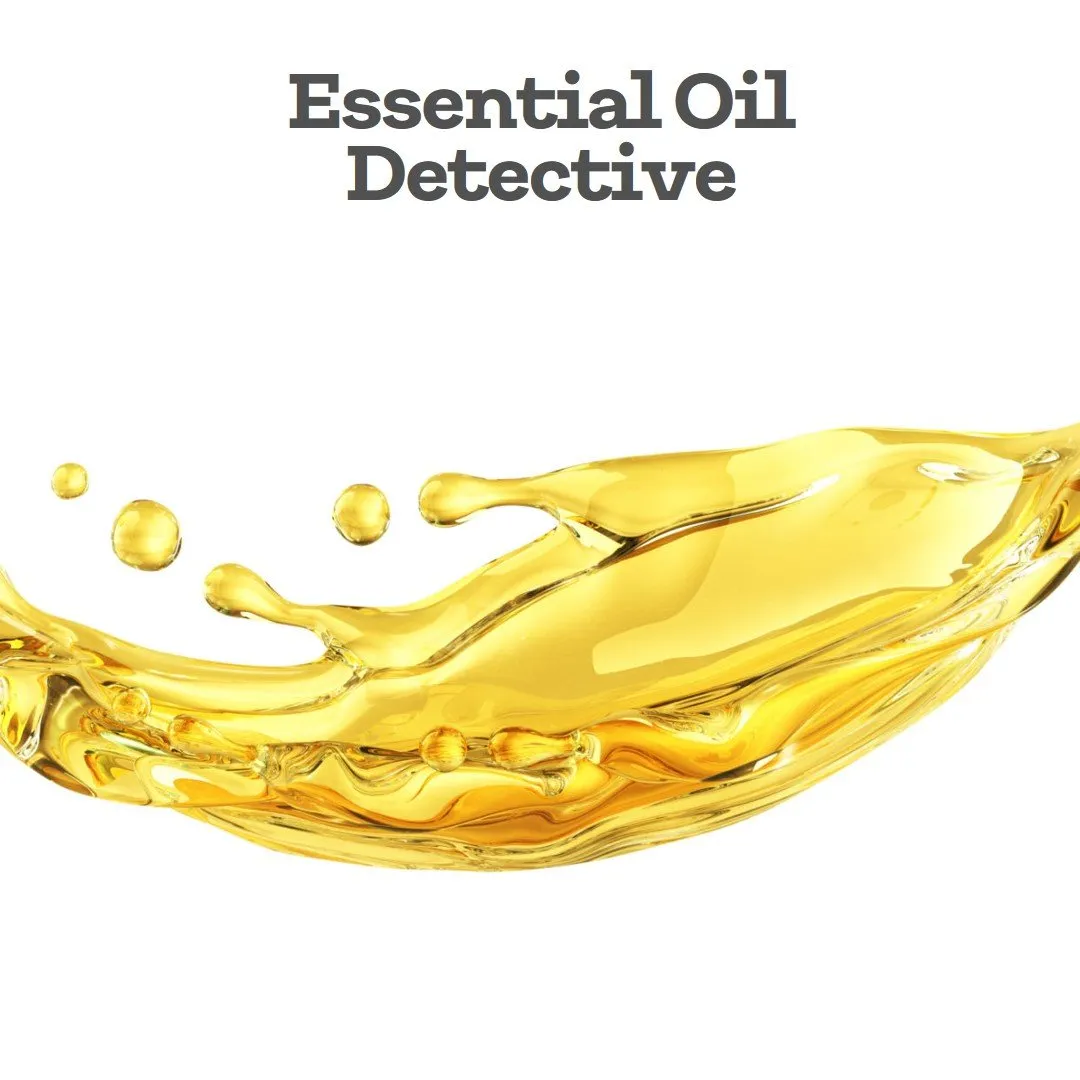Essential Oil Safety Guide: 7 Critical Mistakes to Sidestep
Embarking on the journey of incorporating essential oils into your daily routine can be a transformative experience. However, navigating this aromatic realm demands more than just enthusiasm.
To truly benefit from their potential, understanding both their remarkable benefits and potential pitfalls is crucial.
In this comprehensive guide, uncover seven common errors to avoid when embracing essential oils, ensuring your experience is both safe and effective.
7 Crucial Mistakes to Sidestep for Safe Essential Oil Usage

Assuming Universal Benefits: Despite their healing properties, essential oils require caution due to their potency. Always consult a healthcare provider, particularly during pregnancy, to avoid allergic reactions or adverse interactions with medications.
Neglecting Dilution: Applying undiluted oils is a common mistake. Dilute essential oils with carrier oils like Jojoba or Sweet Almond oil to ensure safer and more balanced skin application.
Continuous Diffuser Use Without Ventilation: Prolonged exposure without proper airflow can be problematic, especially for children and pets. Use diffusers with timers and ensure adequate ventilation in the space.
Choosing Low-Quality Oils: Prioritize pure, additive-free oils from reputable brands to ensure efficacy and safety. Opt for organic options when available to avoid potential adverse effects.
Lack of Knowledge about Oils: Insufficient familiarity with specific oils' properties and their impacts on diverse health conditions can lead to unintended consequences. Conduct thorough research and perform skin patch tests to prevent adverse reactions.
Underutilizing Versatility: Expand the use of oils beyond tradition. Incorporate them into homemade products, cleaning supplies, or perfumes to enjoy their natural scents and cleansing properties.
Disposing of Empty Bottles Prematurely: Repurpose or reuse empty essential oil bottles to maximize their residual content. Mix remaining oil with carrier oil for massages or add it to a diffuser for lingering fragrance.
Frequently Asked Questions About Essential Oil Safety

Which Citrus Oils Cause Photosensitivity?
Certain citrus oils like lime, bergamot, and lemon can induce photosensitivity. Direct skin application followed by exposure to sunlight or UV rays may lead to redness or burns.
Are There Essential Tips for Safe Usage?
Always dilute oils, avoid contact with sensitive areas, conduct patch tests, consider diffusers, keep oils away from children and pets, store properly, and use high-quality, pure oils.
What are the Signs of Essential Oil Spoilage?
Changes in color, smell, or texture indicate spoilage. Darker color, altered scent, or thickened texture could be signs of degradation.
How Do I Avoid Misidentifying Essential Oils?
Purchase oils from reputable sources, distinguish between fragrance oils and essential oils, and follow proper usage guidelines.
What are Best Storage Practices?
Store essential oils in dark glass bottles away from sunlight, tightly sealed, and in a cool environment, while avoiding exposure to strong odors.
What Are Safety Measures for Home Use?
Never use undiluted or internally, exercise caution with children, perform patch tests, and consult a physician if pregnant, breastfeeding, or under medical care.
Using essential oils safely involves careful consideration and adherence to best practices. This guide empowers you to navigate the world of essential oils effectively, ensuring a safe and enriching experience.
